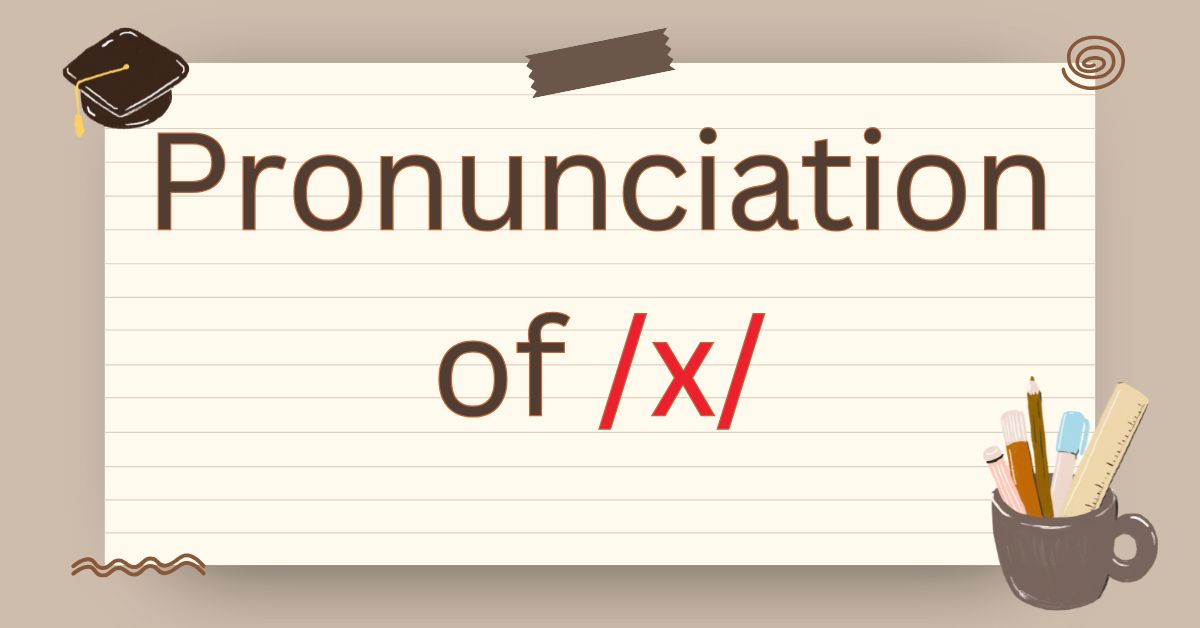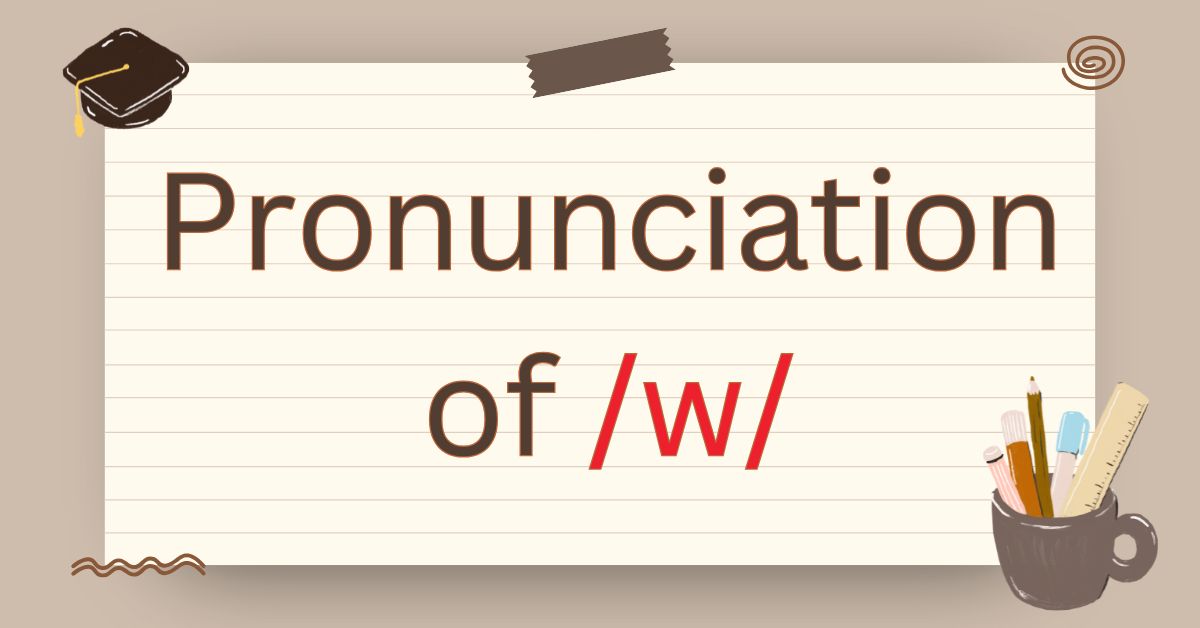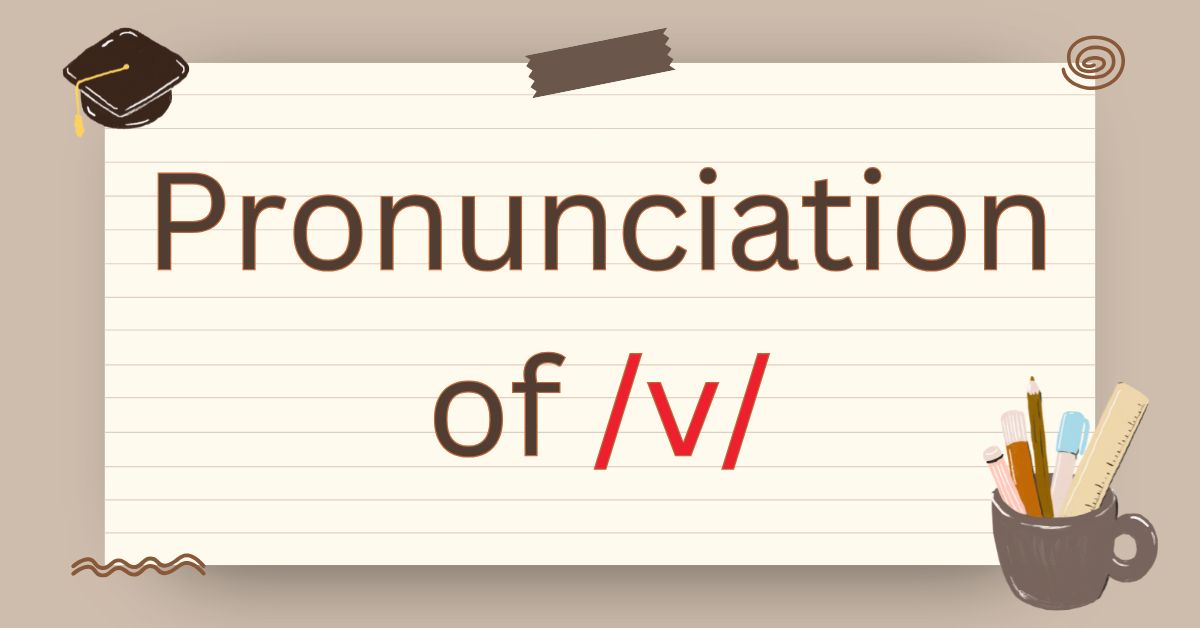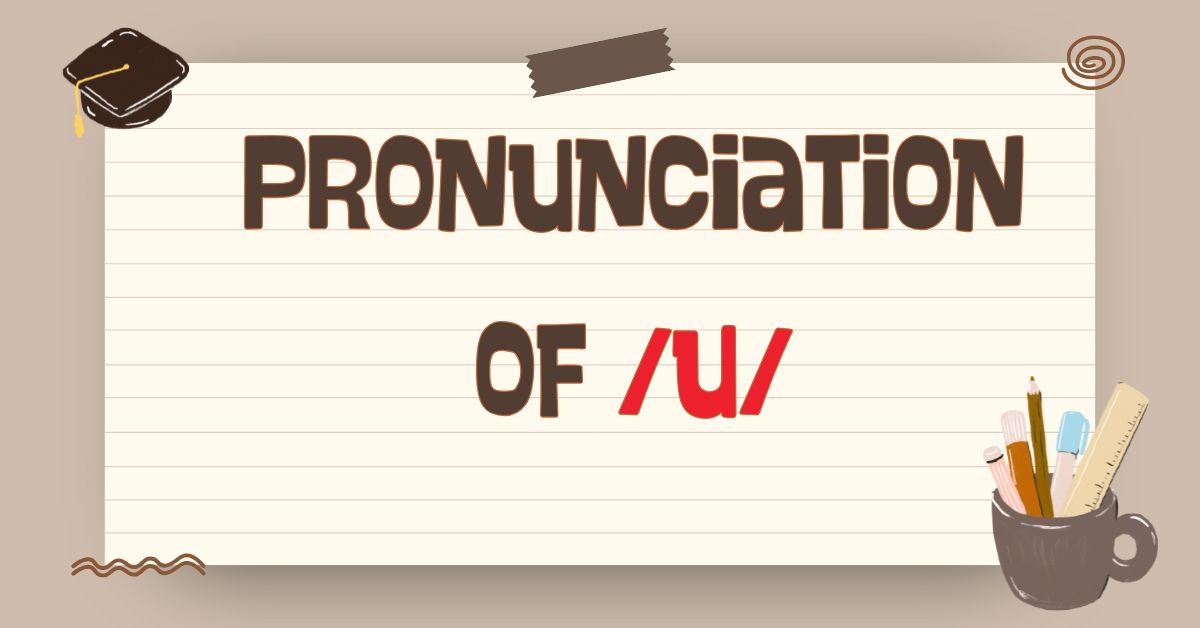ในการสื่อสารภาษาอังกฤษในชีวิตประจำวัน เรามักใช้บุรุษสรรพนามเช่น I, you, he, she และ it คำเหล่านี้แม้จะเรียบง่ายแต่ก็มีความสำคัญ เพราะช่วยทำให้ประโยคมีความชัดเจนขึ้น หลีกเลี่ยงการซ้ำซ้อน และสื่อสารข้อความได้ตรงประเด็นมากกว่า ดังนั้นบุรุษสรรพนามในภาษาอังกฤษมีกี่ประเภท และมีการใช้งานเฉพาะอย่างไรบ้าง มาสำรวจหัวข้อนี้ไปกับ Monkey กันเถอะ
บุรุษสรรพนามคืออะไร?
บุรุษสรรพนามในภาษาอังกฤษคือคำที่ใช้แทนคำนามที่อ้างถึงบุคคล สัตว์ สิ่งของ หรือความคิด โดยบทบาทหลักคือเพื่อหลีกเลี่ยงความซ้ำซ้อนและทำให้ประโยคไหลลื่นขึ้น
-
ตัวอย่างที่ไม่มีบุรุษสรรพนาม: Desmond Tutu was born in 1931 in South Africa. Desmond Tutu rose to international fame in the 1980s. The Nobel Peace Prize was awarded to Desmond Tutu in 1984.
-
ตัวอย่างที่มีบุรุษสรรพนาม: Desmond Tutu was born in 1931 in South Africa, and he rose to international fame in the 1980s. The Nobel Peace Prize was awarded to him in 1984. -> Using personal pronouns like "he" and "him" helps avoid repeating the subject’s name.

ประเภทของบุรุษสรรพนามในภาษาอังกฤษ
บุรุษสรรพนามส่วนใหญ่ถูกใช้เป็นประธานหรือกรรมในประโยค ตารางด้านล่างสรุปบุรุษสรรพนามพื้นฐาน 7 คำ ตามบุรุษ จำนวน และเพศ:
|
บุรุษสรรพนาม |
บุรุษ/จำนวน |
|
I |
บุรุษที่ 1 เอกพจน์ |
|
We |
บุรุษที่ 1 พหูพจน์ |
|
You |
บุรุษที่ 2 (เอกพจน์/พหูพจน์) |
|
He |
บุรุษที่ 3 เอกพจน์ (เพศชาย) |
|
She |
บุรุษที่ 3 เอกพจน์ (เพศหญิง) |
|
It |
บุรุษที่ 3 เอกพจน์ (สิ่งของ/สัตว์) |
|
They |
บุรุษที่ 3 พหูพจน์ |
รูปประธานและกรรมของบุรุษสรรพนาม
แต่ละบุรุษสรรพนามสามารถทำหน้าที่เป็นประธานหรือกรรมได้ ขึ้นอยู่กับตำแหน่งในประโยค:
|
บุรุษ |
ประธาน |
กรรม |
|
บุรุษที่ 1 เอกพจน์ |
I |
Me |
|
บุรุษที่ 1 พหูพจน์ |
We |
Us |
|
บุรุษที่ 2 |
You |
You |
|
บุรุษที่ 3 เอกพจน์ (ชาย) |
He |
Him |
|
บุรุษที่ 3 เอกพจน์ (หญิง) |
She |
Her |
|
บุรุษที่ 3 เอกพจน์ (กลาง) |
It |
It |
|
บุรุษที่ 3 พหูพจน์ |
They |
Them |
ตัวอย่าง:
-
We play cards every Friday night. -> “We” คือประธาน
-
Mrs. Khan asked the package be delivered to her. -> “Her” คือกรรม
รูปแบบพิเศษของบุรุษสรรพนาม
รูปแสดงความเป็นเจ้าของของบุรุษสรรพนาม
รูปแบบเหล่านี้ใช้เพื่อแสดงความเป็นเจ้าของ:
|
บุรุษสรรพนาม |
คำคุณศัพท์แสดงความเป็นเจ้าของ |
คำสรรพนามแสดงความเป็นเจ้าของ |
|
I |
My |
Mine |
|
We |
Our |
Ours |
|
You |
Your |
Yours |
|
He |
His |
His |
|
She |
Her |
Hers |
|
It |
Its |
Its |
|
They |
Their |
Theirs |
ตัวอย่าง:
-
Her mother was a brilliant scientist.
-
These books are mine.
-
Our washing machine broke, so we used theirs.
สรรพนามสะท้อน (Reflexive Pronouns)
สรรพนามเหล่านี้ใช้เพื่ออ้างกลับไปยังประธาน:
|
บุรุษสรรพนาม |
รูปสะท้อน |
|
I |
Myself |
|
You |
Yourself |
|
He |
Himself |
|
She |
Herself |
|
It |
Itself |
|
We |
Ourselves |
|
You (plural) |
Yourselves |
|
They |
Themselves |
ตัวอย่าง:
-
I prepared the whole meal by myself.
-
He found himself lying on the road.
สรรพนามเน้น (Emphatic Pronouns)
ใช้เพื่อการเน้น และมีรูปเหมือนกับสรรพนามสะท้อน
ตัวอย่าง:
-
I myself completed the project.
-
The country itself had never seen such weather.
วิธีใช้บุรุษสรรพนาม
1. ในฐานะประธาน
วางไว้หน้ากริยาหลักเพื่อบอกว่าใครเป็นผู้กระทำ
-
He measures others by his own standards.
-
We are not born for ourselves.
2. ในฐานะกรรมตรง
วางไว้หลังกริยาและรับการกระทำ
-
He gave the book to her.
-
We formed good habits over time.
3. ในฐานะกรรมรอง
วางไว้ระหว่างกริยากับกรรมตรง
-
I bought them some flowers.
-
They sent him a gift.
4. หลังคำบุพบท
บุรุษสรรพนามถูกใช้หลังคำบุพบทเพื่อสร้างวลีบุพบท
-
He is angry with her.
-
I spoke to him.
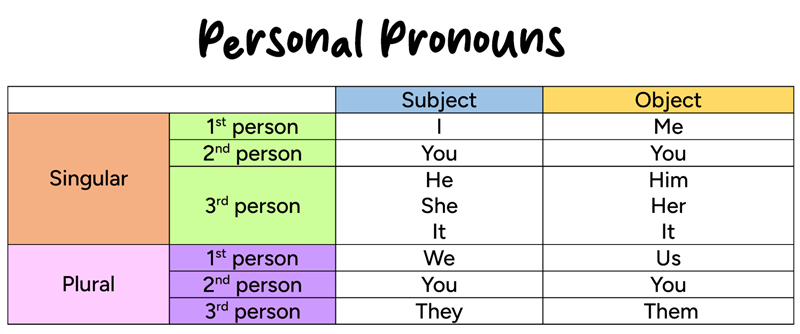
แบบฝึกหัดบุรุษสรรพนาม
แบบฝึกหัดที่ 1: เติมคำในช่องว่างด้วยบุรุษสรรพนามที่ถูกต้อง (Fill in the blanks with the correct personal pronouns)
-
Do you know ___? ___ is my brother.
-
Emilia is a great dancer. ___ has won many competitions.
-
Would ___ like to go to the movies with Rita?
-
Van Gogh drew beautiful pictures. One of ___ famous works is The Starry Night.
-
When the incident happened, Ram was there. ___ was the only witness.
-
The dog gave birth to puppies. Would you like to have one of ___?
-
Ross and Monica are siblings. ___ came to visit.
-
This is Elizabeth. ___ is the class monitor.
-
The team won the match. ___ played very well.
-
My brother brought a new phone, but ___ does not like ___ much.
แบบฝึกหัดที่ 2: ระบุบุรุษสรรพนาม (Identify the personal pronouns)
-
I have a sister. We love each other.
-
They have come to see the movie.
-
Are you familiar with Newton’s Law?
-
He and I grew up together.
-
I have known him for years.
-
The truck hit her.
-
It belongs to them.
-
We all enjoyed it.
แบบฝึกหัดที่ 3: แทนคำนามที่ขีดเส้นใต้ด้วยบุรุษสรรพนาม (Replace the underlined nouns with personal pronouns)
-
Maria and Tom are coming. Maria and Tom will arrive at 7 PM. -> They
-
The book belongs to Sandra. Sandra will pick it up. -> She
-
The dog is barking loudly because the dog is hungry. -> It
-
The team won the match. The team celebrated. -> They
การเข้าใจและใช้บุรุษสรรพนามอย่างถูกต้องจะช่วยพัฒนาทักษะการเขียนและการพูดภาษาอังกฤษของคุณให้คล่องแคล่วมากขึ้น ในขณะที่บุรุษสรรพนามช่วยทำให้ประโยคลื่นไหล ควรหลีกเลี่ยงการใช้มากเกินไปเพื่อให้การเขียนมีความหลากหลายและน่าสนใจ



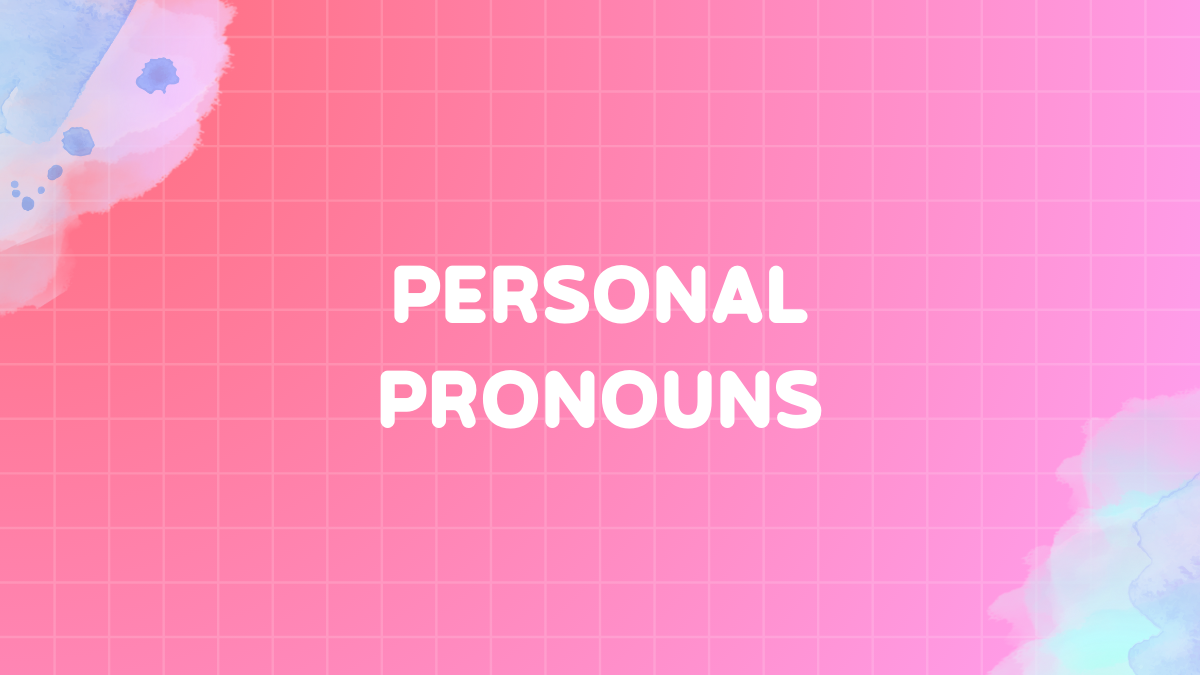
.png)
